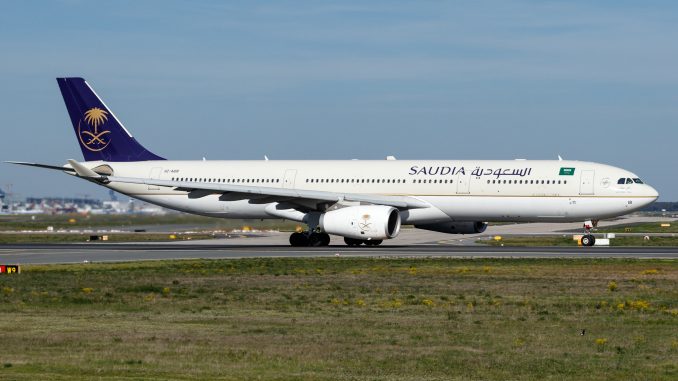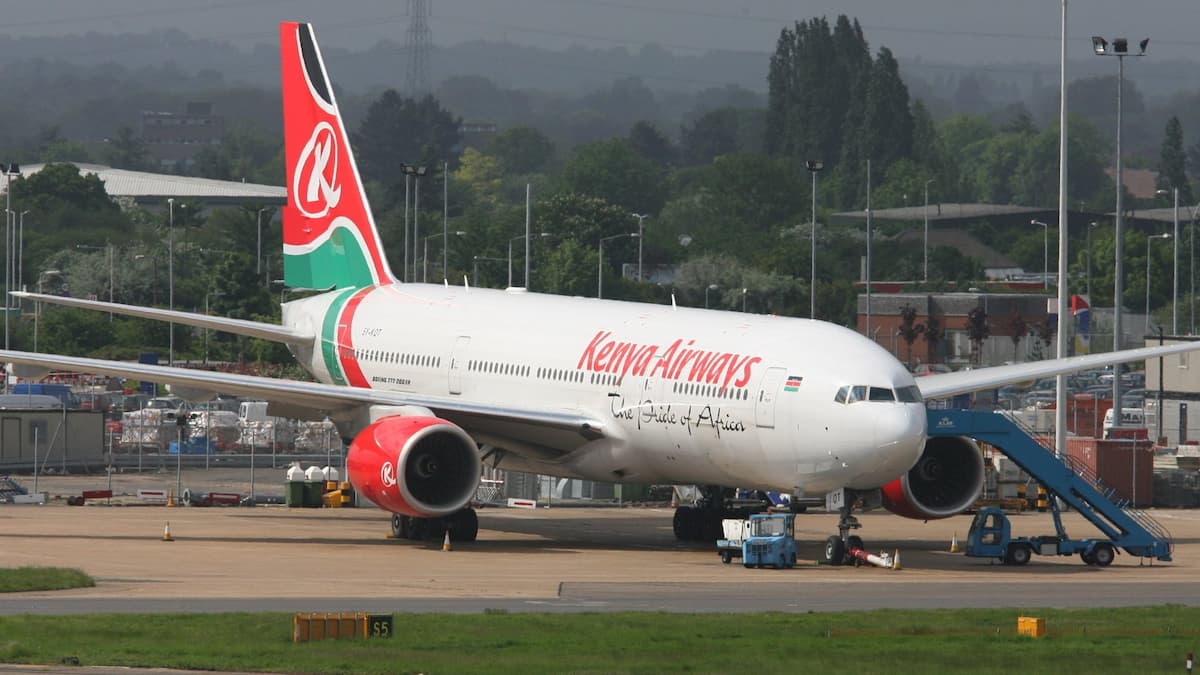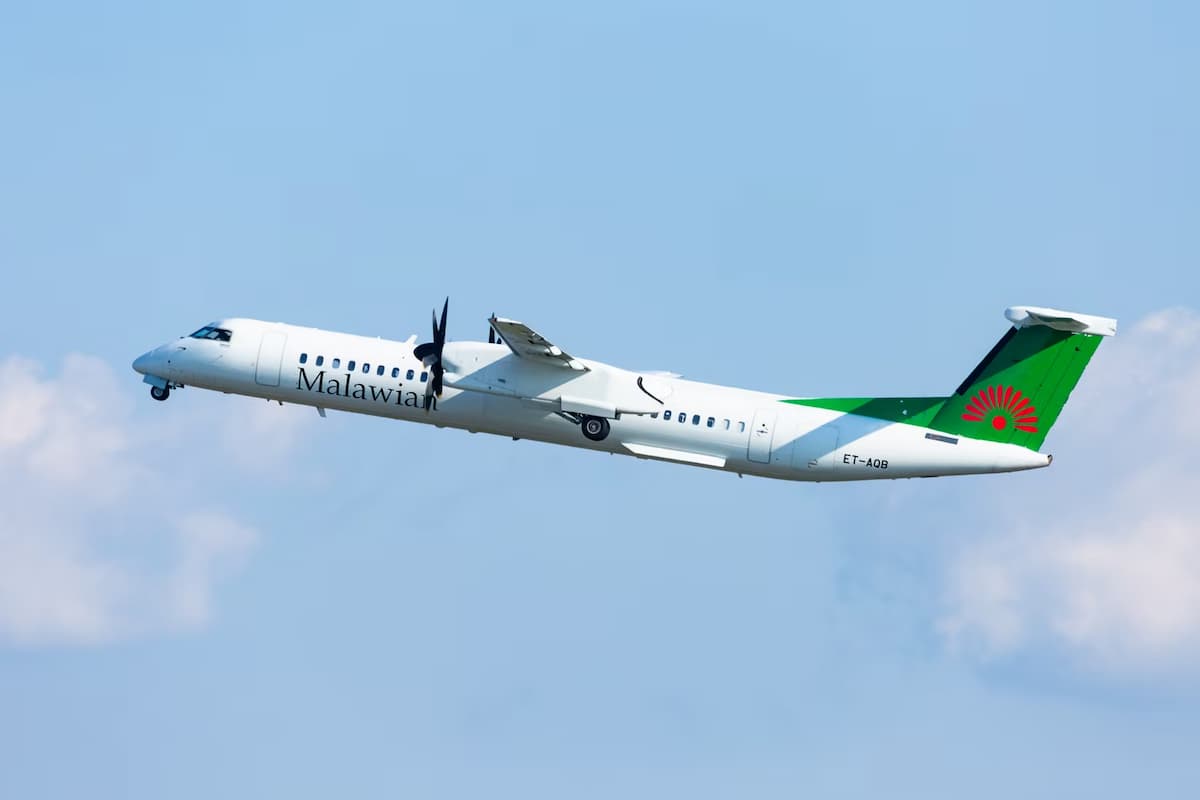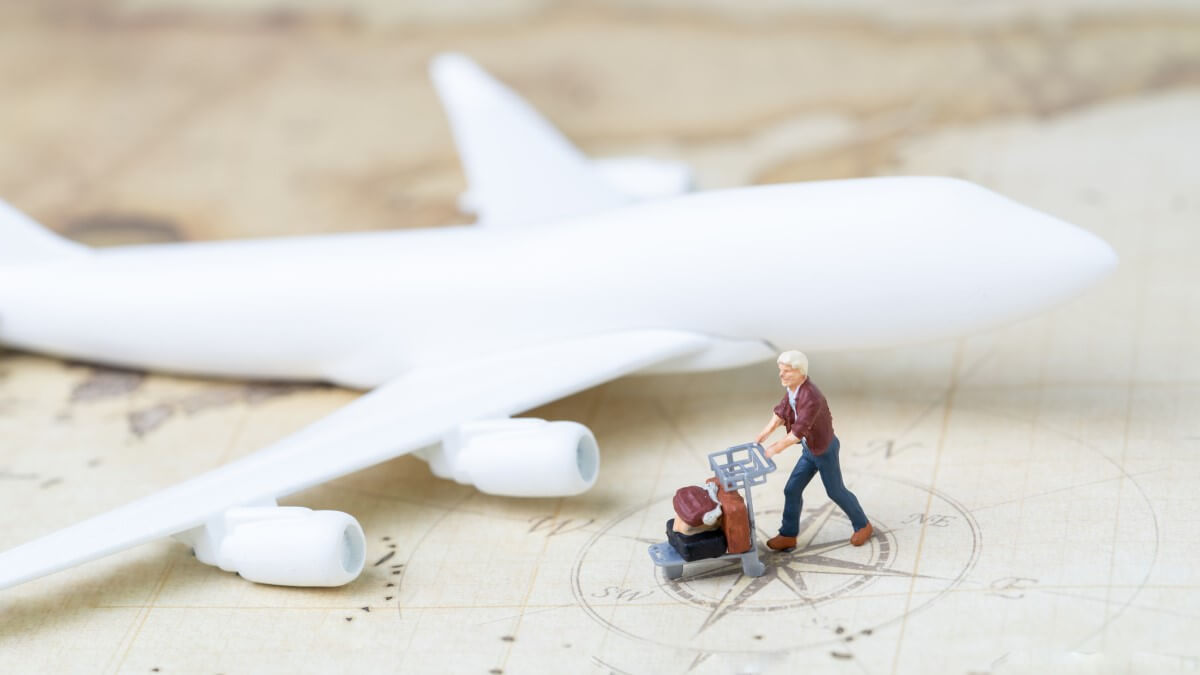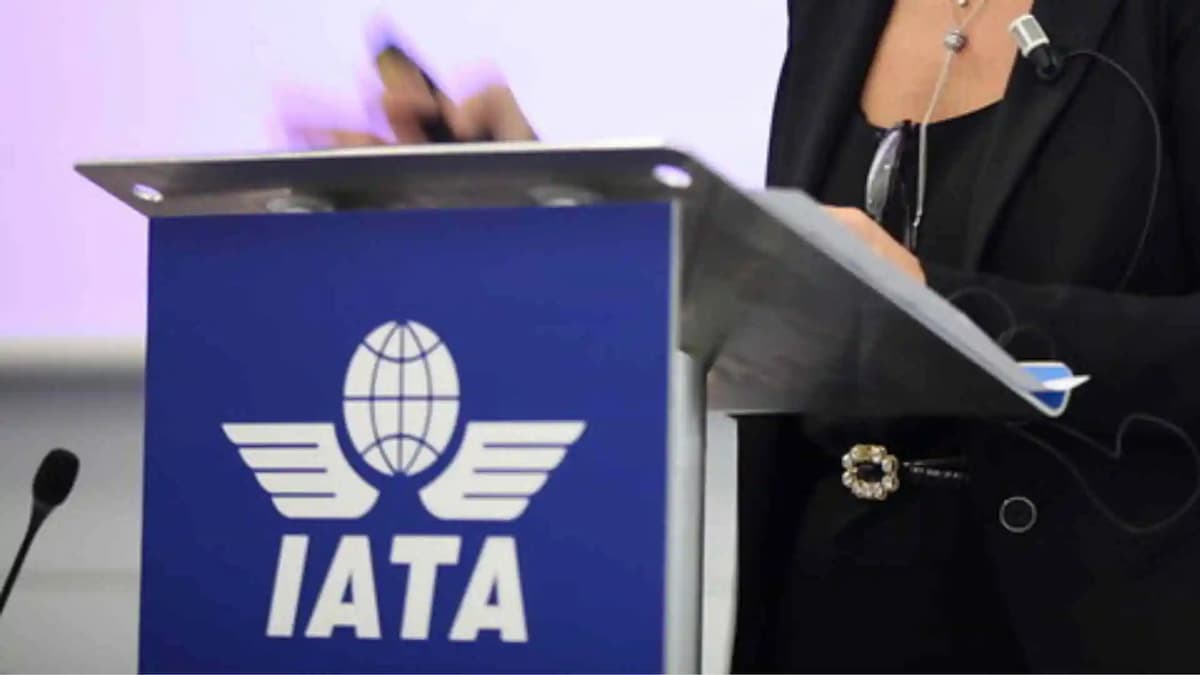The tourism industry in Africa is slowly healing from the slump brought about by the COVID-19 pandemic. Before the global lockdown, 68.8 million people came to Africa as tourists in 2019. These tourists and their spending power contributed 6.8% of Africa’s GDP and 25.48 million jobs to the continent.
However, by the time the pandemic hit, almost 6 million jobs and $86 billion had been wiped out in Africa. Last year, in what has been a steady recovery since travel restrictions were eased, 45 million tourists came to Africa, representing 65% of the pre-pandemic level.
This growth is only expected to continue. According to data from the World Travel and Tourism Council, Africa’s tourism sector is expected to grow at an average annual rate of 6.8% between 2022 and 2032. The sector is also expected to create 14 million new jobs within this timeframe.
To achieve these lofty expectations, a lot of players would need to pitch in. However, it seems that the African tourism industry has not experienced the same level of innovation as other African industries. Despite its potential and significance, tourism lags behind other industries like agriculture, finance, energy, health, and education, which have all seen several tech-enabled solutions to their problems.
Ben Peterson, the co-founder and CEO of Purple Elephant, a tourism-focused venture studio, told TechCabal that his studio decided to focus on tourism because of this issue. “When you try to find the websites of some of the most famous safari lodges in Kenya, many of them don’t even have websites. Those that do have websites are super out of date. Most of the time, you can’t even book a safari experience directly on the website of the camp; you have to go through a phone number or email,” he said.
This is where Travel Afrique comes into play. Founded in 2019 by Tracy Kuelo and Calvino Miguel, the company acts as a platform for travel agencies to offer their services online. Prospective tourists can connect with agencies and request tailored journeys to their desired destinations. “Our clients have the flexibility to request tailored journeys to their desired destinations, and our partner agencies will respond with a quote, free of charge. Our clients are then able to request modifications to the quote until they are entirely satisfied and subsequently proceed with the booking,” Miguel explained.
According to Miguel, the platform brought in over $250,000 in revenue last year from bookings made through its platform, with 80% of that amount going to local agencies. The platform only offers trips to Tanzania, Senegal, Ghana, the Ivory Coast, Morocco, the Democratic Republic of Congo, South Africa, Kenya, Cape Verde, Rwanda, Benin, and Namibia. He shared that demand, safety and security, the political stability of the country, and the quality of local tour operators dictate which country the platform operates in.
He also shared that Tanzania accounted for 20% of the 1,000 requests that the platform received last year, while Senegal accounted for 17%, and Ghana and Côte d’Ivoire accounted for 13% of all requests. Tanzania’s share of requests can be attributed to the country not requiring international tourists to present a negative COVID-19 vaccine certificate or a negative COVID-19 test upon arrival.
When asked how Travel Afrique curates the tourist experience, Miguel told TechCabal that the company relies on local agency partners to provide the required customised itineraries and information based on the specific needs and requests of its clients. He also added that to make sure that agencies meet standards, they must undergo a thorough and demanding evaluation of key factors.
“To confirm the agency’s legitimacy and reputation, we start by conducting a thorough background check on it. Then, we confirm that the company complies with all applicable national and international travel standards and laws. The agency’s infrastructure, including the standard of its lodging, transportation, and tour guides, is also taken into account,” he said.
“Furthermore, we evaluate the diversity of the travel activities offered, as it is of the utmost importance to us that our clients have an authentic experience. Finally, to understand how satisfied overall clients are with the agency, we take into account their comments and reviews.”
The African continent boasts one of the most diverse landscapes in the world. It offers an array of options – from savannas, rainforests, deserts, breathtaking waterfalls, and even snow-capped mountains for skiing, to unique wildlife such as penguins and species found nowhere else, like shoebills, okapi, and blackbucks. However, we are still far off from what we can achieve in the tourism sector. Miguel attributes this to the image that the world has of the continent. “To tap into Africa’s tourism potential, it is crucial to improve the continent’s image by sharing positive stories and showcasing its strengths,” he said.
“Beyond sharing positive stories, there are also other tangible challenges that hinder the growth of African tourism. These include poor air and land transportation infrastructure, limited intra-African air connectivity, and restrictive visa policies,” he continued. In proposing a solution, he advised governments to partner with private organisations and provide increased funding to their tourism offices to invest in branding and marketing efforts.
The model of startups like Travel Afrique and Elephant Bookings, a B2B software-as-a-service product that builds booking systems for safari lodges launched by Purple Elephant, could help digitise an industry that has mostly been offline. The ease that a digital platform offers could help bring not only international tourists to the continent but also give Africans an opportunity to tour the continent.
Source: TechCabal






